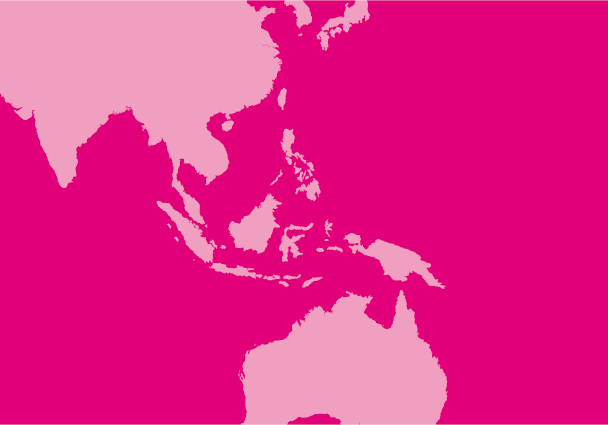Forty-eight hours before the recent general elections in Thailand, the interim government took unilateral legislative steps which undermine the independence of the judiciary, the ICJ said today.
On 11 September 1992, the interim Thai government under the premiership of Anand Panyarachun, issued an Executive Decree changing the composition of the Judicial Commission which is responsible for the appointment of Judges. The Decree, which was passed without adequate consultation with members of the judiciary, altered the 1978 Judicial Administration Act. The ICJ’s Centre for the Independence of Judges and Lawyers (CIJL) is concerned that the interim government of Thailand is seeking to enter structural changes to affect future judicial independence before power is transferred to the elected government.
Under the Constitution of Thailand, executive decrees can only be issued during a state of emergency. No state of emergency was declared in Thailand at the time of passing this decree.
The September 1992 Decree altered the voting requirement granting the executive wide powers in selecting judge. According to the 1978 Act, judges could elect eight out of the twelve members of the Judicial Commission. The remaining four were ex-officio. The 1992 Decree, expanded the composition of the Judicial Commission from 12 to 28 members. Out of these, judges can only elect six.
Moreover, in case of a conflict between the Minister of Justice and the Judicial Commission, the 1978 Act enabled the Commission to overrule the Minister by a simple majority. This has now been changed to a two thirds majority.
The ICJ calls upon the Government of Thailand to suspend and abrogate the executive Decree of 11 September 1992 which seriously erodes judicial and legal independence and to revoke any measure which was based on it.
The International Commission of Jurists (ICJ), headquartered in Geneva, is a non-governmental organization in consultative status with the United Nations Economic and Social Council, UNESCO, the Council of Europe and the OAU. Founded in 1952, its task is to defend the Rule of Law throughout the world and to work towards the full observance of the provisions in the Universal Declaration of Human Rights. It is composed of 31 distinguished jurists from around the globe and has 75 national sections and affiliated organizations.
The Centre for the Independence of Judges and Lawyers (CIJL) was founded in 1978 by the International Commission of Jurists to promote the independence of the judges and lawyers and to organize support for jurists who are being harassed or persecuted. The CIJL has been the driving force behind the adoption of the UN Basic Principles on the Role of Lawyers, the UN Basic Principles on the Independence of the Judiciary.




